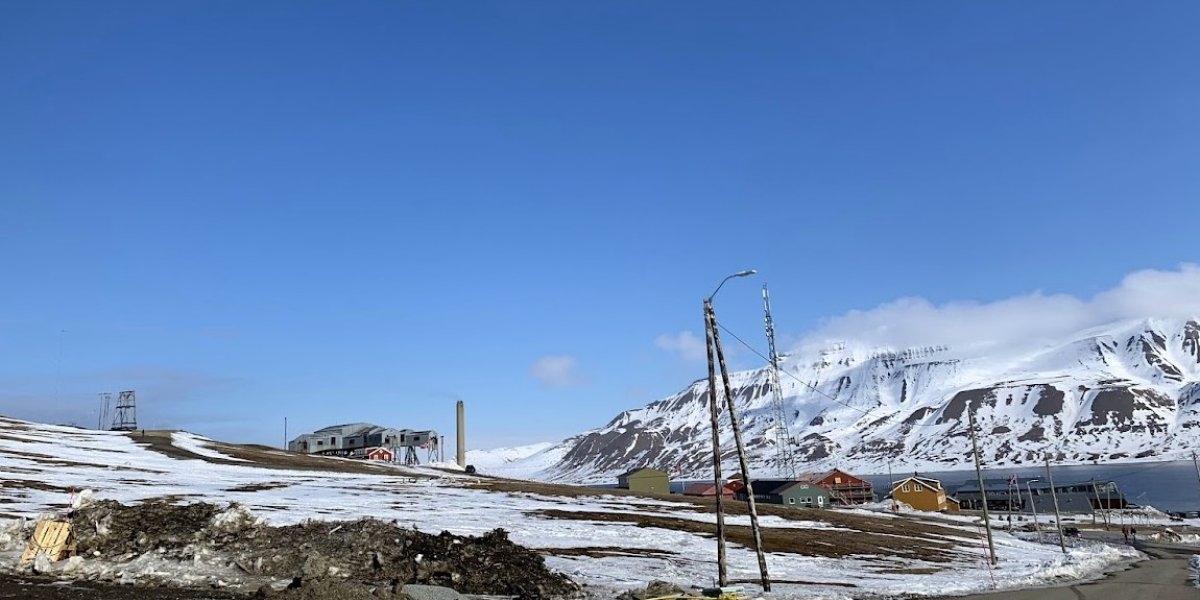ZEESA - How to develop zero emission energy systems for the Arctic
The ZEESA research project aims to provide knowledge on how best to develop integrated renewable energy systems for demanding Arctic conditions. The project is a "Competence-building project for business" that works across natural science and social science methods.
Longyearbyen Svalbard. Photo: Karina Sandal
Project details
ZEESA consists of the research partners SINTEF AS, SINTEF Energy AS, UNIS and CICERO in addition to Store Norske Energi AS, Statkraft AS, and Longyearbyen Lokalstyret.
The Norwegian government has emphasized the need for the Norwegian economy to become increasingly sustainable in order to achieve the climate goals for 2030 and 2050. The energy transition strategy involves replacing fossil fuels with renewable energy and emission-free energy sources and contribute to national value creation and green jobs along the way. Energy use in the Arctic today is mainly based on fossil energy sources and often expensive imported solutions. In the case of Svalbard, the government has expressed a goal to start the transition to a renewable energy system (RES) in line with local needs, opportunities, and environmental goals. In the long term, phasing out the coal power plant in Longyearbyen will represent an opportunity to identify and establish an environmentally friendly energy system that is sustainable, reliable, and cost-effective. At the same time, the climatic conditions on Svalbard, and the Arctic in general, require that energy systems withstand extreme weather conditions and, in many settings, must be able to be operated with minimal supervision due to transport challenges. In addition, they must be adapted to strong nature and cultural protection and, not least, the expectations and acceptance of residents and local businesses.
The ZEESA project will build knowledge on how to design and operate integrated thermal-electric renewable energy systems for Arctic and demanding areas that are both reliable and cost-effective. The project will facilitate the replacement of fossil fuel-based power generation by supporting a long-term and sustainable development of remote energy systems and ensure green growth and value creation for Norwegian business actors that reach beyond the Arctic.
The main goal of ZEESA is to develop the necessary knowledge base for a rapid, sustainable and economically feasible transition of the current fossil-fueled energy systems in Arctic settlements to 100% renewable and zero-emission-based energy supply through the development of integrated thermal-electric microgrids.
The project will examine:
- The availability of renewable energy resources in the Arctic and how renewable energy technologies, especially PV, should be adapted to maximize production potential.
- Identify cost- and energy-efficient methods for utilizing waste heat from power generators and electrochemical conversion and storage technologies.
- How integrated electric/thermal zero-emission energy systems can be designed, located and operated under arctic conditions to optimize energy utilization, and cost-effectively balance locally produced energy with imported renewable fuels?
- The societal factors, conditions and processes that can support the acceptance and implementation of zero-emission energy solutions and innovation capacity in Arctic communities.
CICERO's role in the project is particularly linked to the last point.
